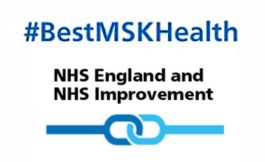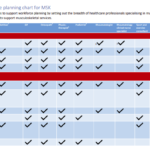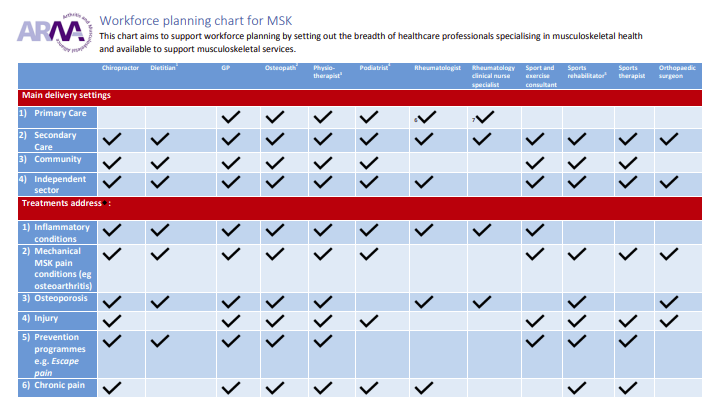 The launch of NHS England’s Best MSK Health programme gives the population’s musculoskeletal health in England a focus and priority like never before, and much needed in the wake of the COVID-19 pandemic.
The launch of NHS England’s Best MSK Health programme gives the population’s musculoskeletal health in England a focus and priority like never before, and much needed in the wake of the COVID-19 pandemic.
NHS England waiting times data shows people with serious MSK conditions needing diagnosis and treatment by rheumatology and elective care services are waiting much longer. The same is true for community MSK services and treatment. At the other end of the spectrum, for people who previously had no long-term conditions, the lockdown effect on mental well-being, exercise and weight-gain are significant obstacles to their musculoskeletal health now and into the future. All of these challenges can impact long-term health and employment.
Diverse and dynamic workforce is key
A multidisciplinary, diverse and dynamic NHS workforce will be key to supporting people to good musculoskeletal health especially in an era when COVID-19 fast-tracked collaboration, working with and across boundaries and along pathways based upon the needs of the person. As NHS national and local, place-based, systems seek to address population needs for musculoskeletal services, the Arthritis and Musculoskeletal Alliance (ARMA) ‘Workforce planning chart for MSK’ aims to support workforce planning by setting out the breadth of healthcare professionals specialising in musculoskeletal health and available to support musculoskeletal services.
This will be key in the wake of the COVID-19 pandemic, and with the opportunities that the new NHS Best MSK Health programme offers, along with NHS reforms outlined in the Government’s recent White Paper: Integration and innovation: working together to improve health and social care for all, which supports wider integration and breaking down barriers.
Planning the workforce, having the right people with the right skills, in the right place at the right time is vital to enabling delivery of musculoskeletal health and care services.
Access the Workforce planning chart for MSK.


